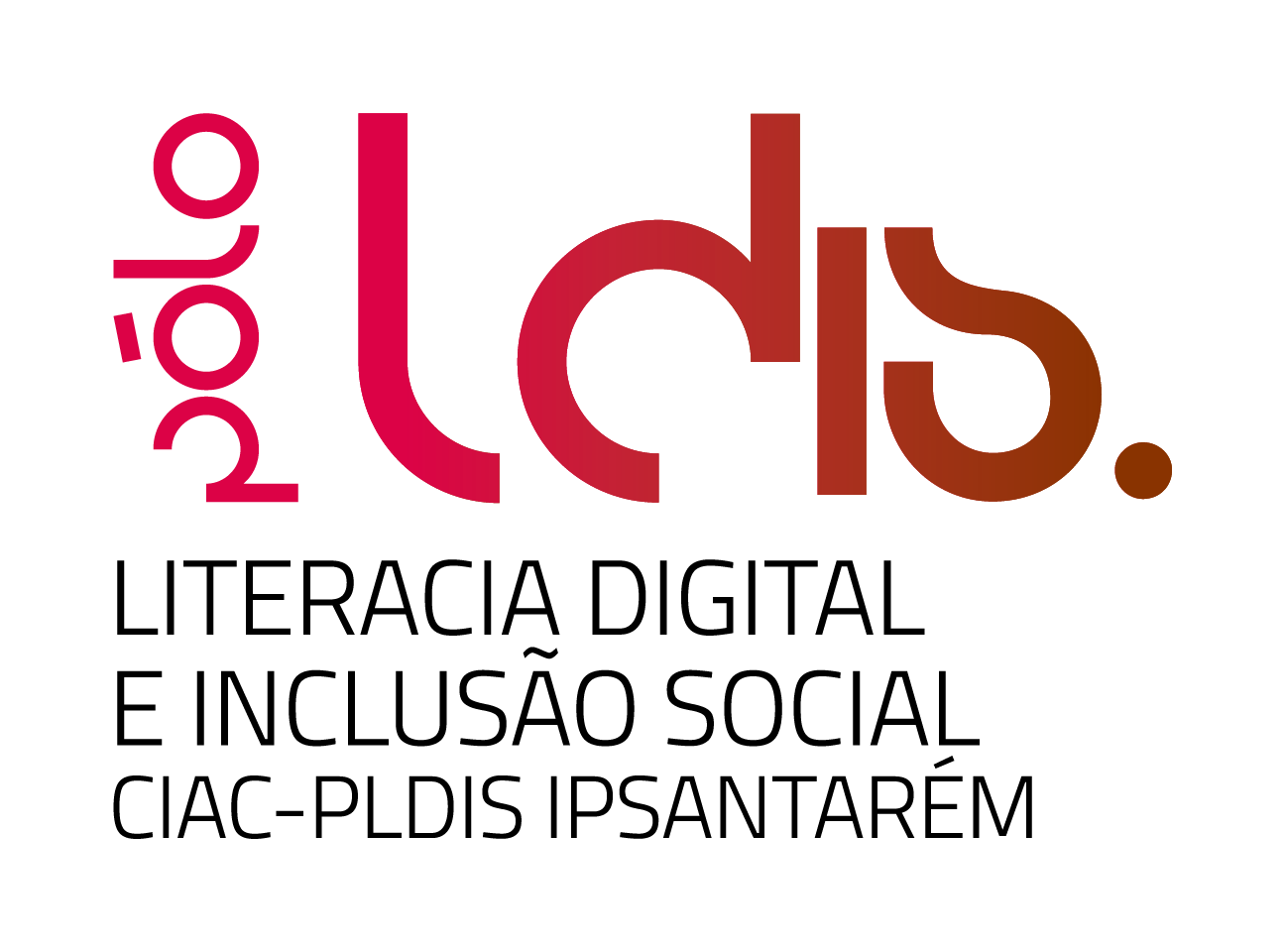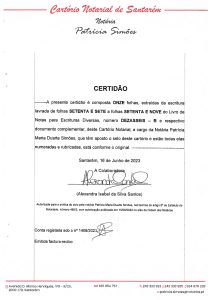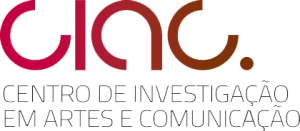INCO Academy and IPSantarém sign Memorandum of Understanding to promote AI literacy.
On October 1, 2025, INCO Academy, part of the INCO Group, and the Pólo de Literacia Digital e Inclusão Social (PLDIS) of the Polytechnic Institute of Santarém (IPSantarém), signed a Memorandum of Understanding (MoU) to establish collaboration for the implementation of the NewFutures: AI program.
Heinnovate Platform
HEInnovate is a self-reflection tool for Higher Education Institutions who wish to explore their innovative potential. It guides you through a process of identification, prioritisation and action planning in eight key areas. The self-assessment is available in all EU languages.
EURAXESS – researchers in motion
The leading portal for the research community
Whether you’re seeking advice on career development, looking for tools to enhance your skills, or need concrete assistance with relocating for your next big opportunity, EURAXESS can help. No matter what stage of your research path or scientific business you are at, EURAXESS is a comprehensive career and innovation hub for information and assistance. Find jobs, hosting and funding opportunities, as well as support and guidance.
Open Research Europe
Open Research Europe is an open access publishing venue for European Commission-funded researchers across all disciplines, with no author fees. Accelerate the impact of your research with rapid publication, open peer review, and indexing in databases such as Scopus and PubMed.
EHESO
The European Higher Education Sector Observatory (EHESO) is a user-centred data and information platform on the higher education sector in Europe. The Observatory enables the comparison, analysis, and showcasing of the sector’s performance across multiple levels, actors, and themes.
The Associação Rede Internacional Académica da Lusofonia — RIAL is a private, educational, non-profit association made up of higher education institutions and research centers from Lusophone countries, with the aim of facilitating and fostering cooperation at an international level, governed by these bylaws and the other legal provisions that apply to it.
The MetaRed Portugal is an association of Portuguese public and private higher education institutions, which is also open to other public administration bodies that carry out relevant activities in the field of ICT and in particular its application in higher education. It aims to be a “meeting point” for debate, reflection and collaborative work on the use of ICT (Information and Communication Technologies) in higher education, with full respect for the principle of autonomy of institutions, respecting their individual freedom to make their own decisions, proposing recommendations and promoting the sharing of experiences and good practices.
The main approach of NET4AGE-FRIENDLY is the creation of local or regional ecosystems in each COST country involved, to work on health and well-being in a digital world favorable to older people. The ecosystems will be made up of citizens, public authorities, companies/NGOs and researchers. They will be supported by four thematic working groups (inclusive user-centered design in age-friendly environments and communities; integrated health and well-being pathways; digital solutions and large-scale sustainable implementation; policy development, funding forecasting and cost-benefit assessments). The results of the thematic working groups will be integrated by a specific working group to create a synergistic result in the form of a reference framework.
The aim of GoodBrother is to raise awareness of the ethical, legal and privacy issues associated with audio- and video-based monitoring and propose privacy-conscious working solutions for assisted living, creating an interdisciplinary community of researchers and industry partners from different fields (computer science, engineering, healthcare, law, sociology) and other stakeholders (users, policy makers, public services), stimulating new research and innovation. GoodBrother will offset the “Big Brother” feeling of continuous monitoring by increasing user acceptance, exploiting these new solutions and improving market reach.
The aim of the action COST da Rede de Investigação sobre o Envelhecimento Vascular is to establish a network that will work to improve the development of new, user-friendly technologies for the diagnosis, prevention, treatment and monitoring of vascular ageing, through dialogue between industry and scientists, using a translational approach and establishing protocols for the validation of new technologies; harmonize knowledge by initiating a registry to complete the clinical validation of the most established surrogate endpoints, including comparisons of techniques, and by initiating peer network-oriented intervention studies in order to use the multiplicative effect of the network and promote a culture of vascular aging and propagate the use of preventive technologies and strategies, fostering viable solutions in low-income countries.
MEMORANDUM OF UNDERSTANDING
Between
INCO Academy and CIAC_PLDIS_IPsantarem



